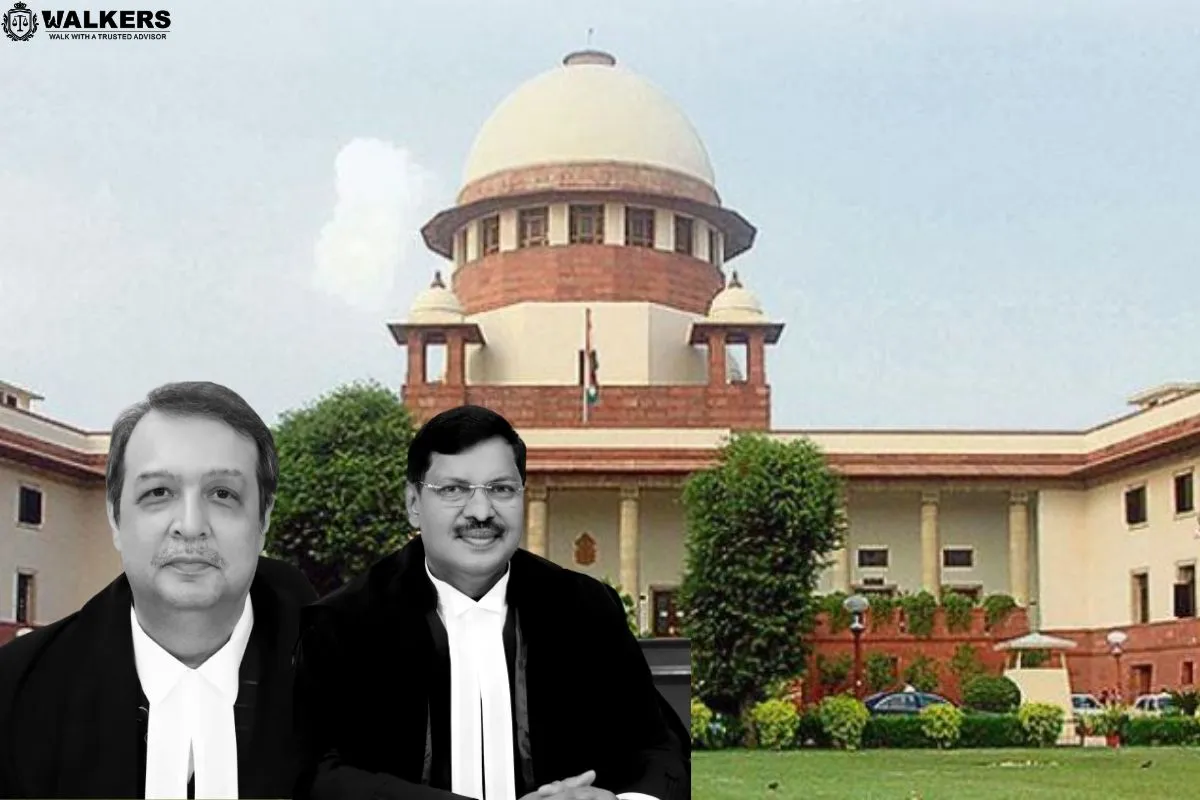


Supreme Court Stays Coercive Action Against SP Leader Panda Maharaj in UP Gangsters Act FIR; Issues Notice to State of Uttar Pradesh
The Supreme Court has taken action in response to a Special Leave Petition (SLP) filed by Gangster turned Politician Prakash Chandra Tripathi, popularly known as Panda Maharaj. The petition challenges an order by the Allahabad High Court that refused to quash an FIR against him, citing the seriousness of the allegations. The apex court has issued a notice to the State of Uttar Pradesh and has stayed coercive action against Panda Maharaj in connection with the FIR.
Panda Maharaj, a prominent leader of the Samajwadi Party, is facing charges under Section 2/3(1) of the U.P. Gangster and Anti Social Activities (Prevention) Act, 1986. Justices B.R. Gavai and J.B. Pardiwala, comprising the bench, granted liberty to the petitioner to serve notice through the Standing Counsel for the respondent/State. The court ordered that no coercive action should be taken against Panda Maharaj in the meantime. Advocate Shailesh Madiyal appeared on behalf of the petitioner.
The FIR was registered on November 26, 2022, at Police Station Handiya in Prayagraj, invoking the provisions of the U.P. Gangster and Anti Social Activities (Prevention) Act, 1986. The appeal challenges the final judgment and order dated March 15, 2023, as well as a review petition dated April 17, 2023, both passed by the Allahabad High Court. The division bench of Justice Anajani Kumar Mishra and Justice Nand Prabha Shukla, while dismissing the petition seeking quashing of the FIR, emphasized that the allegations disclosed cognizable offenses of a serious nature and the petitioner's defense could not be considered in a writ petition seeking quashing of an FIR. The subsequent review application was also dismissed by the bench on April 17, 2023, considering it to be misconceived.
It is noteworthy that Section 3 of the U.P. Gangster and Anti Social Activities (Prevention) Act, 1986 specifies the penalties under the Act. As per Section 3(1) of the Act, a gangster can be punished with imprisonment ranging from two to ten years and a fine of at least five thousand rupees. The punishment is enhanced to a minimum of three years of imprisonment and a fine of at least five thousand rupees if the gangster commits an offense against a public servant or a member of their family.
Click Here to: Download/View Related File
TAGS: Supreme Court stays coercive action SP Leader Panda Maharaj FIR UP Gangsters Act